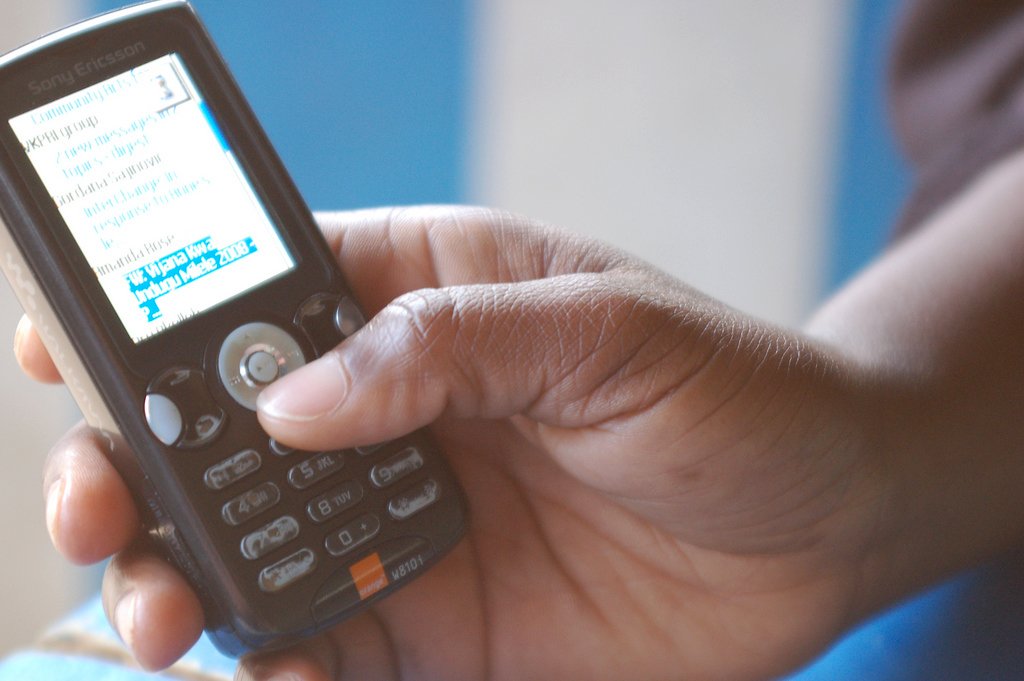Refugees United has entries for some 4,500 people seeking missing friends and family members, and “this grows by hundreds every week, as we reach out to refugees in camps and urban areas”, according to managing director Christopher Mikkelsen.
Now that the UN Refugee Agency, UNHCR, mobile phone manufacturer Ericsson, and service provider MTN have teamed up with Refugees United, users no longer need to find a computer with internet access: a mobile phone suffices.
“Refugees United and Ericsson distribute phones on a test level currently to the UNHCR and other organizations throughout the pilot,” Mikkelsen told IRIN by email. The pilot is taking place in Uganda and is set to be expanded soon to Sudan and Kenya and then globally. At present, people of more than 80 nationalities are in the database.
The plan is to make the system available “on every SMS and WAP-enabled handset, of course in countries of operation, as international SMS will too often be prohibitively expensive for refugees”, he added.
There are two ways to use the system: one can enter one’s own details into the database or search it for other people, using a variety of terms, including name or nickname, birthplace, home village/town, location of last meeting, number of siblings, and so on. The system, which is free, is designed to ensure the anonymity of people who may be trying to keep a low profile.
Emmanuel Jal, a Sudanese musician and former child soldier, told IRIN after the launch in Kampala of the mobile phone service that he made vast journeys on foot in Sudan trying to locate his family but his sister only came to know about him when he was interviewed on the BBC.
“Many Sudanese refugees do not know where they are and how to trace their families. It took me 12 years to connect with my family members,” he said. “I now think of the many refugees who will be able to reconnect with their lost loved ones, in a matter of days,” he added.
There are some 127,000 refugees in Uganda, mainly from the Democratic Republic of Congo, while 250,000 people displaced during a civil war in northern Uganda are still living in camps, according to UNHCR.
vm/am/mw
This article was produced by IRIN News while it was part of the United Nations Office for the Coordination of Humanitarian Affairs. Please send queries on copyright or liability to the UN. For more information: https://shop.un.org/rights-permissions




